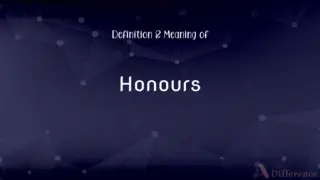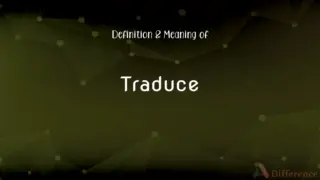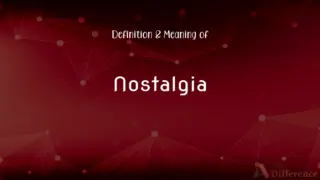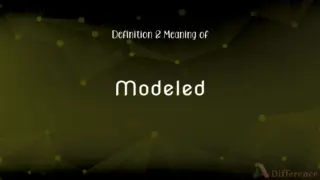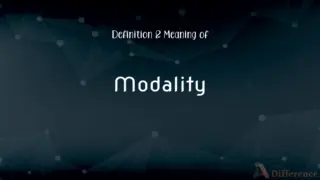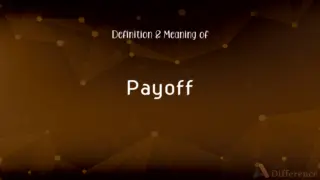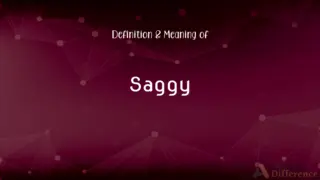Health Science vs. Life Science — What's the Difference?
By Tayyaba Rehman — Published on December 10, 2023
Health Science focuses on human health and medical care. Life Science studies living organisms and their life processes. While both explore life, Health Science is more medical-centric.
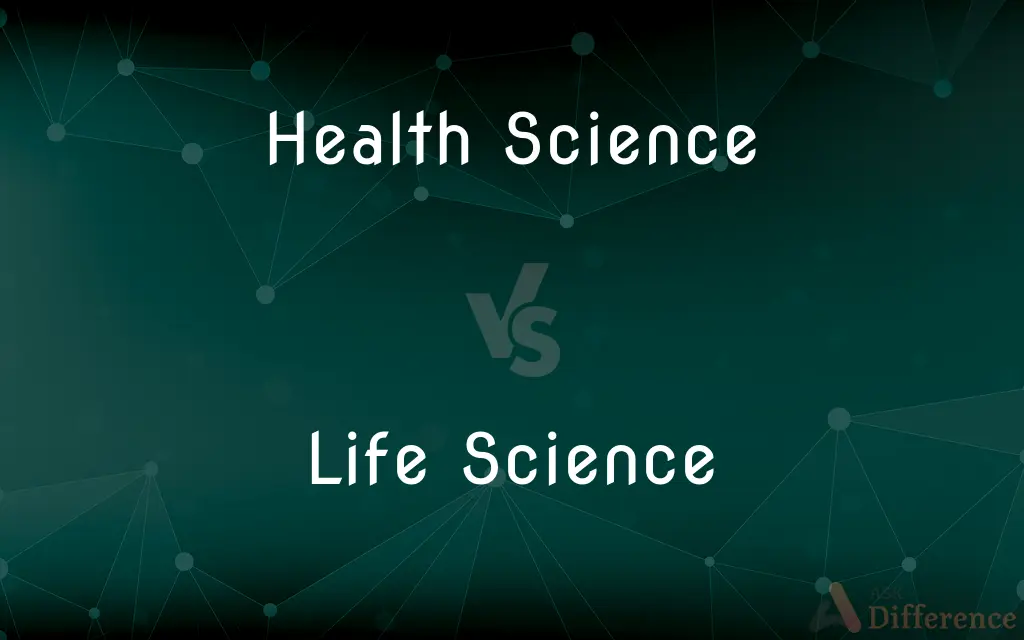
Difference Between Health Science and Life Science
Table of Contents
ADVERTISEMENT
Key Differences
Health Science and Life Science are both integral fields of study. While Health Science revolves around the study, improvement, and understanding of health aspects in humans, Life Science delves into the study of all living organisms, including plants, animals, and microorganisms.
Health Science primarily aims to improve the quality of health, prevent diseases, and find treatments for illnesses. On the contrary, Life Science seeks to understand the intricacies of living organisms, encompassing fields like biology, botany, and zoology.
Both fields do overlap in many areas, particularly in the study of the human body. Health Science is rooted in practical application, translating knowledge into treatments and healthcare practices. Life Science, meanwhile, tends to be more theoretical, exploring the basic principles of life.
Furthermore, Health Science can encompass various medical specialties, health informatics, and public health, directly impacting healthcare systems. Life Science, however, spans broader horizons like ecology, evolution, and cellular biology, emphasizing the interconnectedness of life.
Careers stemming from Health Science often lead to roles in healthcare provision, such as doctors, nurses, or therapists. Life Science can lead to careers in research, conservation, or even biotechnology.
ADVERTISEMENT
Comparison Chart
Focus
Human health and medical care
All living organisms and their processes
Application
Practical, often in clinical settings
Theoretical, often in research environments
Key Disciplines
Medicine, nursing, therapy
Biology, botany, zoology, ecology
End Goal
Improve healthcare, treat illnesses
Understand life, its origins, and functions
Example Careers
Doctor, nurse, health administrator
Biologist, ecologist, geneticist
Compare with Definitions
Health Science
A domain that bridges health knowledge with practice to improve public health.
With her degree in Health Science, she started a community health initiative.
Life Science
A branch of science that delves into the biology of animals, plants, and microorganisms.
The Life Science museum had exhibits ranging from human anatomy to exotic plants.
Health Science
The scientific exploration of health-related issues and phenomena.
He published a paper on a groundbreaking Health Science discovery.
Life Science
The study of living organisms and their life processes.
Her passion for Life Science led her to explore marine biology.
Health Science
The interdisciplinary field focused on the health and well-being of humans.
She decided to major in Health Science to become a health educator.
Life Science
The scientific exploration of life, from cellular to ecological levels.
His Life Science research on cellular functions won him an award.
Health Science
The study of the body, health, and disease to enhance medical care and health outcomes.
His Health Science research led to a breakthrough in treating the disease.
Life Science
The domain of science encompassing studies about the living world.
She attended an international Life Science conference to present her findings.
Health Science
An academic discipline that covers the application of science to health.
Students in the Health Science program often pursue careers in healthcare.
Life Science
An academic field that seeks to understand the mechanisms and complexities of life.
Life Science textbooks often begin with the basics of cell biology.
Common Curiosities
What does Health Science primarily focus on?
Health Science mainly centers on human health, disease prevention, and medical treatments.
What organisms are the primary concern of Life Science?
Life Science studies all living organisms, from microorganisms to plants and animals.
How do Health Science and Life Science intersect?
Both fields often overlap in the study of human biology and genetics.
How broad is the scope of Life Science?
Life Science has a vast scope, covering everything from cellular biology to entire ecosystems.
Can one transition from Health Science to Life Science or vice versa?
Yes, given the interconnectedness of the fields, transitioning between them is feasible with the right training.
Does Life Science encompass environmental studies?
Yes, Life Science includes studies on ecology, environments, and the interplay of organisms within them.
Is Health Science limited to human health?
Primarily, yes. But concepts learned can be applied to veterinary medicine too.
What kind of careers might a Health Science degree lead to?
Health Science can lead to roles like doctors, nurses, healthcare administrators, and therapists.
Can Life Science lead to a career in biotechnology?
Absolutely, many Life Science graduates work in biotechnology, genetics, and research.
Does Health Science cover mental health?
Yes, Health Science encompasses all aspects of health, including mental health.
Is Health Science more theoretical or applied?
Health Science leans more towards application, especially in medical and healthcare settings.
Do Life Science and Health Science use similar research methods?
While there's overlap, Health Science often leans towards clinical trials, while Life Science may prioritize experimental research.
Can a Life Science research discovery impact Health Science?
Certainly, discoveries about fundamental life processes can influence medical treatments and healthcare approaches.
Do both fields contribute to our understanding of evolution?
Yes, while Life Science directly studies evolution, Health Science provides insights into human evolutionary adaptations.
What's the significance of ethics in both fields?
Ethics is paramount in both, be it ensuring patient safety in Health Science or biodiversity conservation in Life Science.
Share Your Discovery

Previous Comparison
Globefish vs. Pufferfish
Next Comparison
Chelated Magnesium vs. Magnesium CitrateAuthor Spotlight
Written by
Tayyaba RehmanTayyaba Rehman is a distinguished writer, currently serving as a primary contributor to askdifference.com. As a researcher in semantics and etymology, Tayyaba's passion for the complexity of languages and their distinctions has found a perfect home on the platform. Tayyaba delves into the intricacies of language, distinguishing between commonly confused words and phrases, thereby providing clarity for readers worldwide.






































